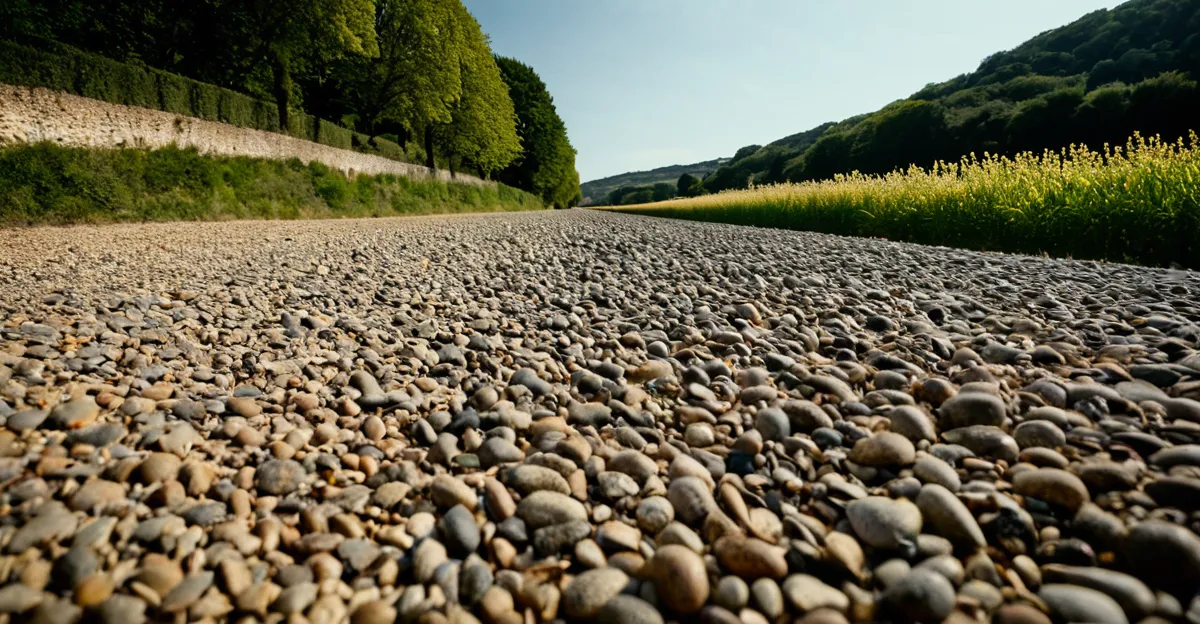Planning a trip to France in 2025? This guide delivers expert tips, hidden gems, and practical advice to help you explore every region confidently. From iconic landmarks to local cuisine and smart budgeting, find everything you need to craft a memorable and smooth journey—whether it’s your first visit or a return adventure. Unlock France’s diverse experiences, tailored to suit every traveler’s style and timing.
Essential Planning for Your Ultimate France Travel Guide 2025
Entry Requirements and Travel Essentials
If you’re planning to visit France, understanding entry and visa requirements is your first step—check out this detailed France travel guide for your next trip for comprehensive support. Most travelers from outside the EU will need either a Schengen visa or, from 2025, secure an ETIAS travel authorization before departure. UK citizens must present valid passports and may need additional proof such as accommodation and sufficient funds.
Have you seen this : Embark on an Immersive Guided Walk through Bath’s Historic Roman Baths: Your Comprehensive Participation Guide!
Bring your essential travel documents including insurance confirmation, as some border agents may request proof. Health advice remains crucial—ensure your vaccinations are up to date and check if your travel insurance covers medical expenses in France. For extra peace of mind, keep emergency contacts and embassy numbers readily accessible.
Safety Tips, Timing, and Budgeting
Stay informed about the current France travel warnings and local safety recommendations. France is considered safe for tourists, but it’s wise to review up-to-date guidance from reliable sources before your journey. Plan your trip around the best travel times for France: late spring and early autumn offer pleasant weather and fewer crowds, while winter is ideal for skiing in the Alps or festive city breaks. Budget carefully as costs vary by region, and always have a reserve for unforeseen expenses.
Also to discover : Effortless Enjoyment: Insider Tips for the Ultimate Edinburgh Military Tattoo Experience
Top Destinations and Must-See Highlights Across France
Exploring Major Regions: Paris, Normandy, Loire Valley, and Provence
Start with Paris, where the Eiffel Tower, Louvre, and Musée d’Orsay headline an itinerary that blends art, fashion, and rich history. Strolling grand boulevards or exploring the Marais unveils sides of the city beyond typical sightseeing. Major train stations connect Paris to regional destinations efficiently, supporting diverse France travel itineraries.
In Normandy, admire sweeping coastlines and villages like Honfleur, alongside historical marvels—Rouen’s Gothic cathedral and the island abbey of Mont St-Michel. World War II D-Day beaches add depth for history enthusiasts.
The Loire Valley delivers châteaux such as Chenonceau and the expansive gardens of Villandry. Picturesque towns like Amboise are well-connected via scenic train routes, simplifying visits for those crafting flexible travel plans.
Venturing to Provence reveals Van Gogh’s Arles, Avignon’s papal palace, and Roman sites like Pont du Gard. Lavender fields and perched villages like Roussillon round out a Provence itinerary, accessible by both car and regional trains.
Efficient public transportation, detailed travel resources like maps, and arranged tours make these highlights approachable for families, solo travelers, and groups seeking tailored experiences across France.
Practical Travel Tips for France: Transportation, Accommodation, Cuisine, and Local Insights
Navigating Cities and Regions: Trains, Car Rental, and Public Transport
Travel throughout France is straightforward and reliable, especially with extensive train networks connecting major cities and picturesque villages. For urban trips, public transport—like the Paris Metro and city buses—offers frequent, cost-effective options. National and regional trains, including TGV high-speed lines, enable travelers to cover long distances quickly.
For those seeking flexibility, renting a car is ideal in rural areas such as Dordogne or Provence. Ensure you have an accepted driving license and comprehensive insurance. Tolls (péages) are common on highways; using cashless cards speeds up passage but can raise expenses, so include tolls in your budget planning. Always check local parking rules to avoid fines, especially in city centers where spaces are limited.
Consider multi-modal transport passes for savings in metropolitan areas, and plan train trips in advance to secure discounted fares. Cycling is increasingly popular, offering dedicated tracks in many French regions and bike-sharing services in cities.
From scenic train rides along the Loire to leisurely drives through Champagne’s vineyards, smart transport choices let you maximize both time and budget.







